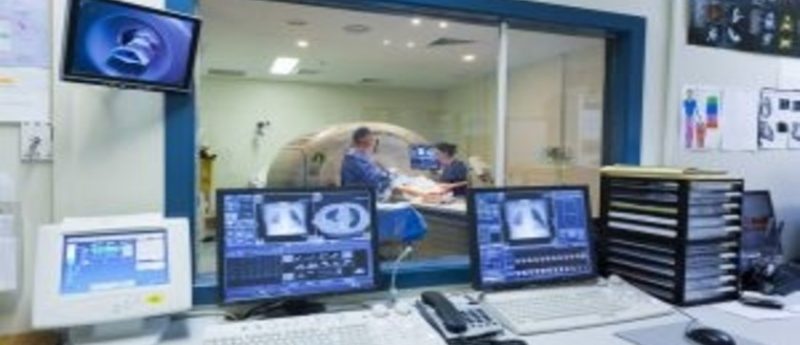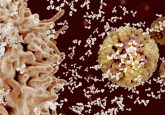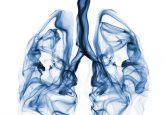New comprehensive screening program improves lung cancer detection

Results from a study carried out by researchers at Intermountain Medical Center (UT, USA) have demonstrated a more accurate method of detecting lung cancer in long-term and past smokers by utilizing a comprehensive lung cancer screening program. The results, presented at the American Thoracic Society International Conference (15–20 May 2015, CO, USA), showed that patients who received CT scans had a 15–20% lower mortality risk compared with patients who received X-ray screening.
The screening program was developed based on the findings of the National Lung Screening Trial, a study that compared CT scans and X-rays in the detection of lung cancer.
“Taking results of a research study and applying them to the real world is extremely hard to do,” commented Denitza Blagev (Intermountain Medical Center), one of the program leads. “But the Lung Cancer Screening Program at Intermountain Medical Center is a direct result of that effort, and because of the best practices that came from this research, we were able to diagnose three people with early stage lung cancer in the program’s first 18 months.”
All individuals enrolled in the program were considered to be at high risk for lung cancer. All had a smoking history of at least 30-pack years and were current or former smokers without lung disease symptoms.
Between September 2014 and March 2015 the researchers administered CT scans to 375 individuals and 272 of these individuals were eligible to continue the program. Of the 272 remaining patients, 19 scans found evidence of malignant cancer, 11 of which were confirmed as malignant. Of these 11 cases, eight were confirmed to have lung cancer and three were considered early stage lung cancer.
“Our goal is to save every life that we can. Our results are comparable to the National Lung Screening Trial, in which it was deemed a success if they prevented just one cancer death for every 320 patients screened. The program we created from this study detected three early stage lung cancers in the first 357 patients screened, which is incredible.” Blagev explained.
“Results from the National Lung Screening Trial and from our program have shown that screenings are very effective and will greatly benefit our patients going forward,” commented Blagev. “These results will also help our patients financially as well. As of February of this year, the Centers for Medicare and Medicaid Services issued a statement about how they will cover the cost of screenings for lung cancer.”
The researchers state that the implementation of lung cancer screenings has been challenging due to the costs incurred and the uncertainty of whether comparable benefits would be observed outside the research setting. However, the results of this program and the recent Centers for Medicare and Medicaid Services announcement regarding insurance coverage, lung cancer screening is becoming more widely available.





